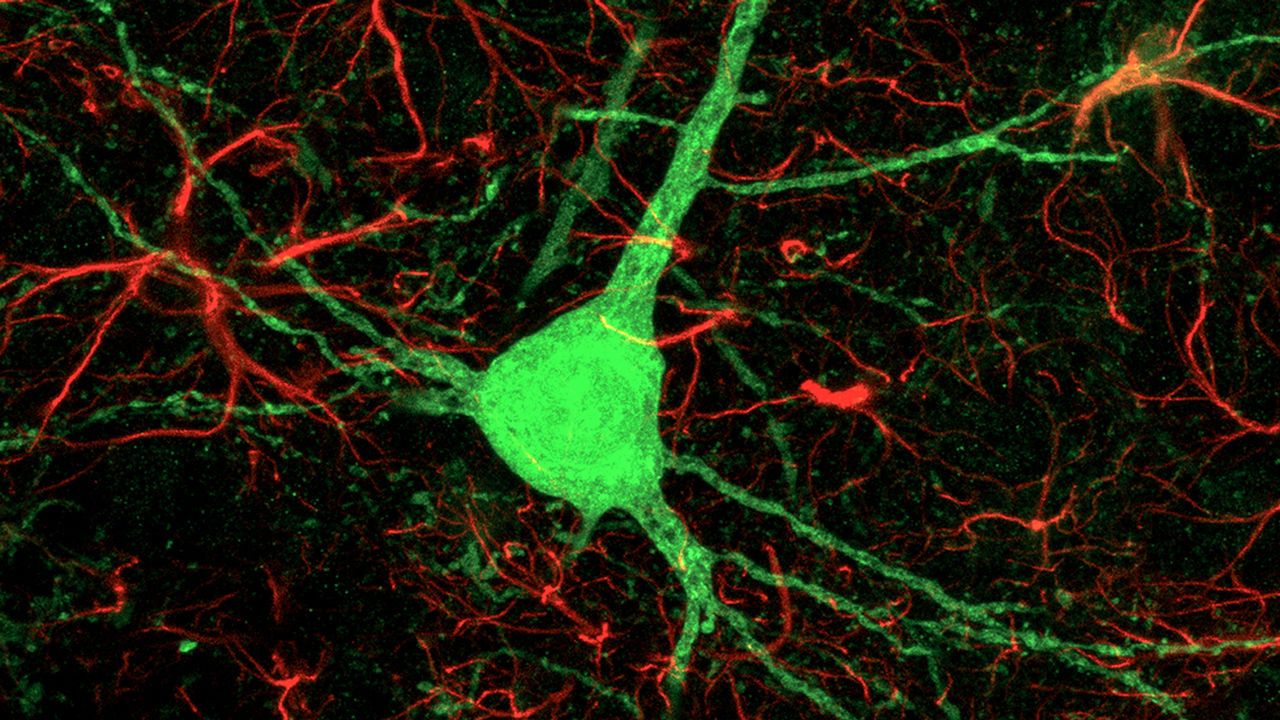The number of children being stricken by a mysterious paralyzing condition continues to increase, federal officials say.
At least 252 cases of acute flaccid myelitis, or AFM, have been reported to the Centers for Disease Control and Prevention so far this year from 27 states, including 90 that have been confirmed through Nov. 9, the CDC reported Tuesday.
Most of the cases have occurred among children between the ages of 2 and 8.









